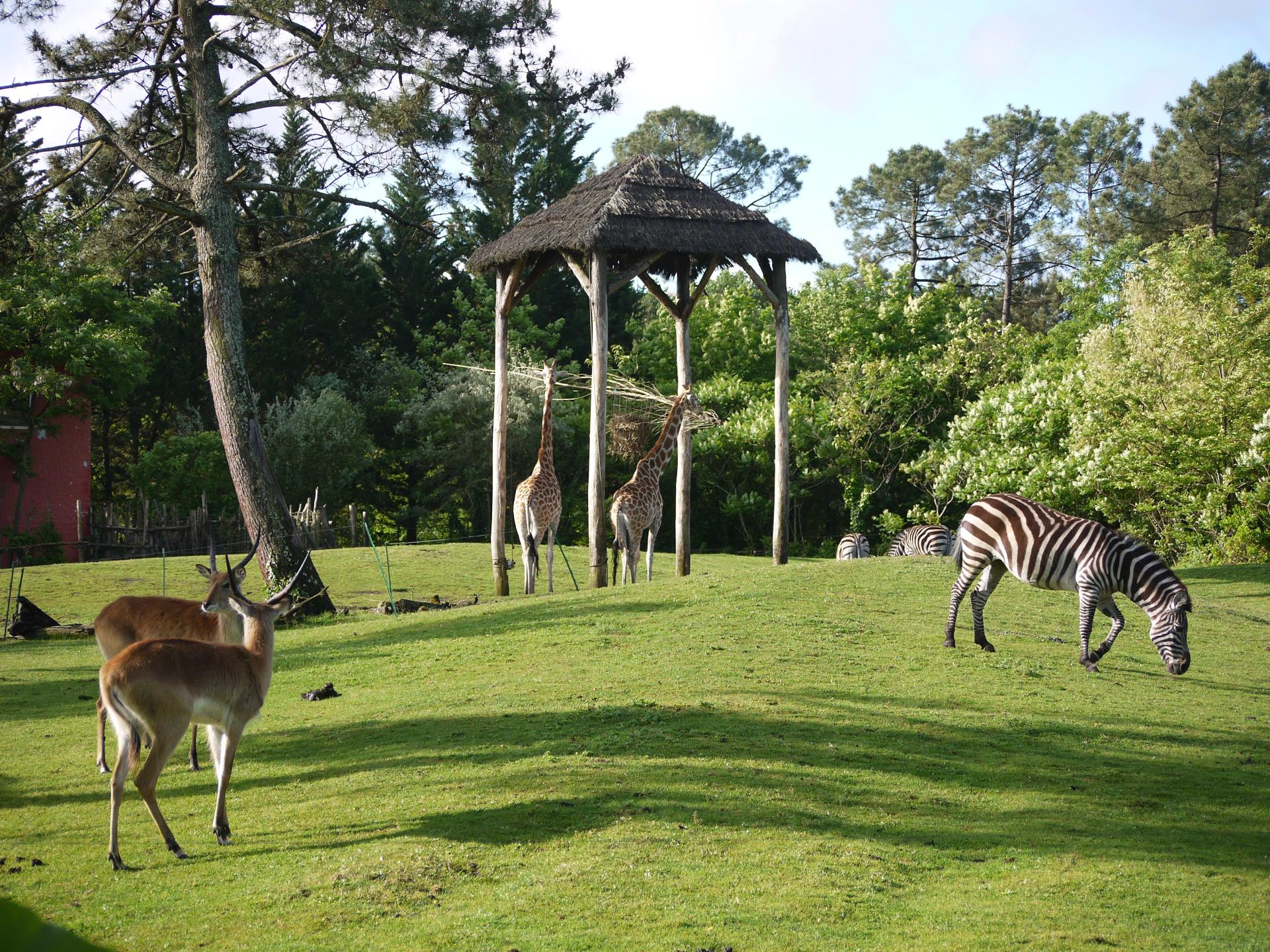There is a wide range of views regarding whether wild animals should be kept in zoos or not. By definition, a zoo implies an establishment in the form of a park or garden, holding a collection of wild animals. These animals are held for public display, study, or conservation. In relation to this, this paper analyses the argument for and against holding animals in zoos.

Arguments for Zoos
Zoos facilitate the protection of the endangered animals. The endangered species such as Rhinos and elephants are effectively protected in zoos from poachers and predators (CHAPTER 97: ZOOS & AQUARIUMS, 2013). By holding a collection of animals together, zoos facilitates public appreciation and education of the wild animals. Further, zoos create a conducive environment for animals themselves, where they are cared-for and have adequate space to live. Chalupova, Voracek, Smrcka & Kozakova (2014) asserts that in additional to serving for educational purpose, zoos serves as an entertainment place, where people enjoy seeing rare animals. Additionally, zoos facilitate the ethical practice of rehabilitating wildlife, particularly under the regulation of various standards such as Animal Welfare Act.
Argument against Zoos
According to Schäfer (2015), holding animals in a zoo is similar to holding the animal in captivity. The practice interferes with the freedom of the animal and leads the animals to suffer from confinement and stress. Zoos have a tradition of exploiting the animals. The breeding programmes maintained in zoos do not release the animals back to the wild. Rather, the offspring is maintained as part of the zoo, or traded among themselves (CHAPTER 97: ZOOS & AQUARIUMS, 2013). Those left in the wild are further endangered because it is more difficult to find mates.